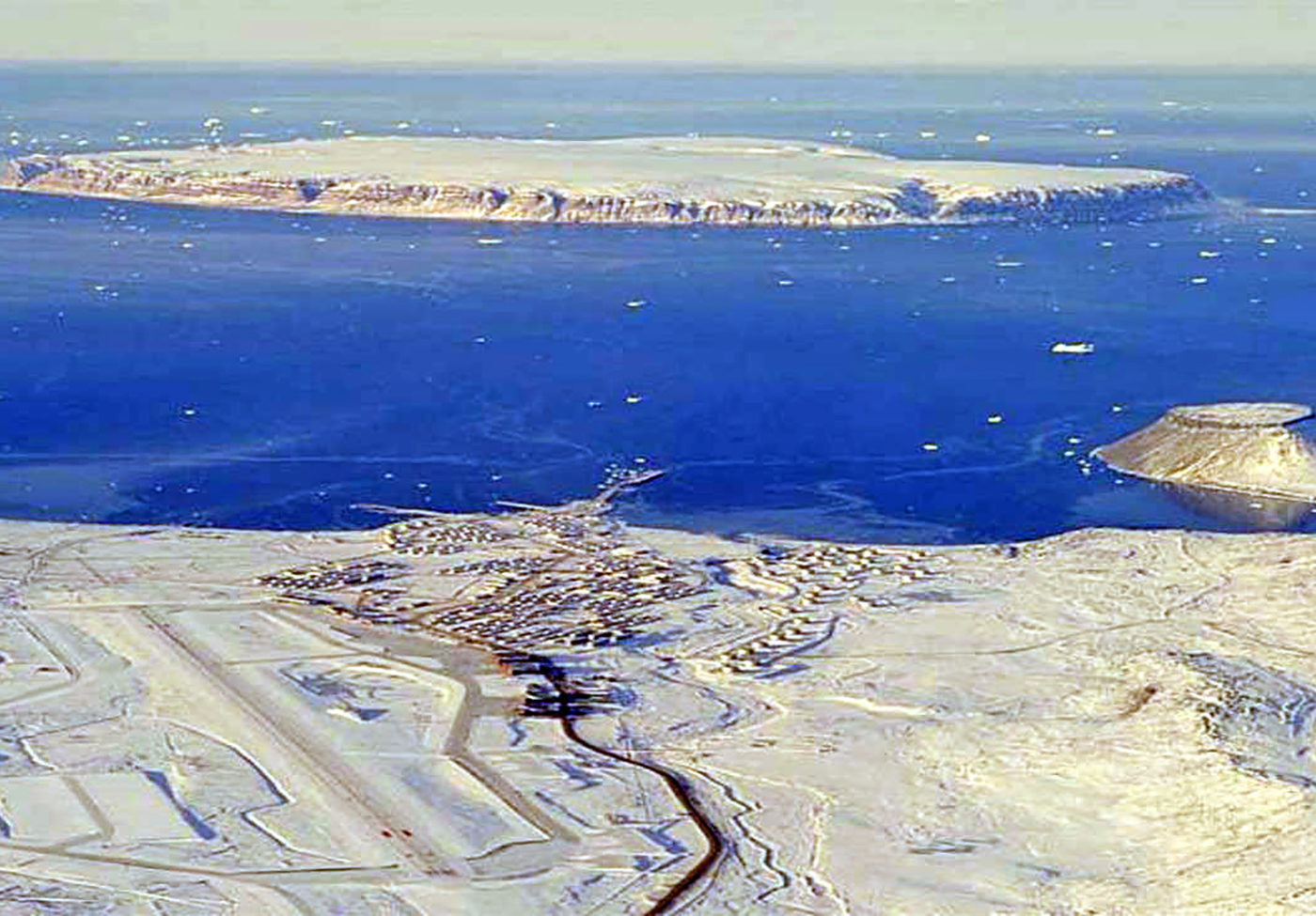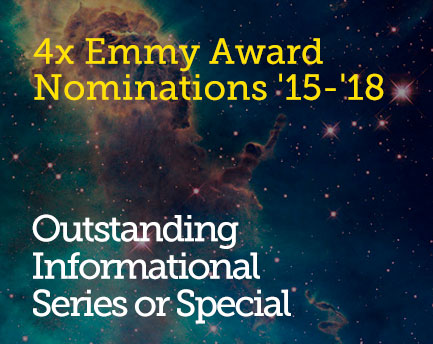August 15, 2019 9:05 pm
Friday, Go Inside the US Space Command’s Base at the Top of the World
The relationship between space exploration and the armed forces has always been close. You could even say that space exploration was not born out of humanity’s urge to explore the unknown, but instead, born out of Cold War paranoia. Without the United States and the Soviet Union constantly trying to gain an advantage on each other, would we even have landed on the Moon? Probably not.

Thule Air Base. Credit: USAF (Public domain).
The Cold War may be a thing of the past, but the relationship between space exploration and the armed forces remains as strong as ever. On this episode of StarTalk Radio, Neil deGrasse Tyson explores Thule Air Base in Greenland, the United States’ northernmost base, to investigate how we keep careful watch on space activities. Neil is joined in-studio by comic co-host Chuck Nice, global security scientist Laura Grego, PhD, and Yale professor and astrophysicist Priya Natarajan. You’ll also hear from a slew of military personnel who oversee Thule Air Base including General John Raymond, commander of Air Force Space Command, Colonel Thomas Colvin, General John Shaw, and Tim Norton
To start, find out why the Air Force needs a Space Command. We discuss the original intent of Thule Air Base and its close ties to the Cold War. Discover how Thule serves as a detection center for imminent threats to our society. You’ll learn about the Upgraded Early Warning Radars which scan the skies up to 3,000 miles away looking for any threats
We debate how effective, or ineffective, deterrents are as a national security strategy. You’ll hear why Thule Air Base is described as the space traffic controller for the global satellite communications network. You’ll also find out if, like in the film Gravity, a chain reaction of satellite explosions could really happen and what measures are in place to make sure it doesn’t.
Take a trip inside the Thule Air Base’s simulator, where workers are being trained for the worst-case scenario. After Neil gets some info on how one of the telescopes at Thule is mapping deep space, we take a look at black holes. Priya explains why every rendition of a black hole you’ve ever seen has been incorrect. We also discuss the black hole in the film Interstellar and its scientific roots. Lastly, Bill Nye weighs in on the rockets of today and the state of global relations. All that, plus, Neil tells us why space exploration might be the greatest source of peace we’ve ever seen
Please join us tomorrow night for Watching the Skies, with the US Space Command at 7pm ET right here on our website, as well as on Apple Podcasts, Google Play Music, SoundCloud, Spotify, Stitcher, and TuneIn. If you’re a StarTalk+ Patron or an All-Access subscriber, you can listen to this episode ad-free at 7pm, too
That’s it for now. Keep Looking Up!
-Ian Mullen
Get the most out of StarTalk!
Ad-Free Audio Downloads
Ad-Free Video Episodes
Stickers & Mugs
Live Streams with Neil
Priority Cosmic Queries
Early-Access Videos
Learn the Meaning of Life
...and much more

 Become a Patron
Become a Patron

